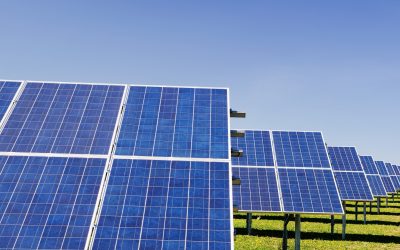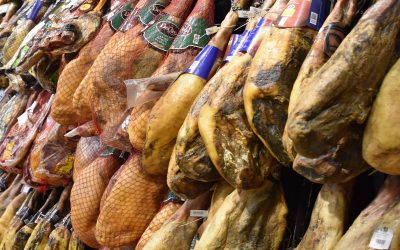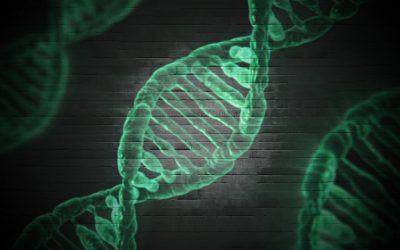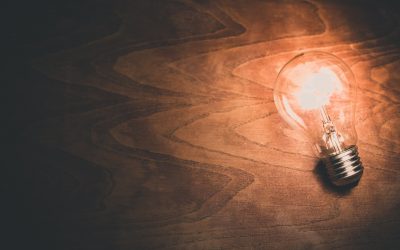CARTIF Projects
Advanced technologies for the development and characterisation of 3S food: healthy, sustainable and safe
Description
The project ‘Advanced technologies for the development and characterisation of 3S foods: Healthy, Sustainable and Safe’ is framed within a global context of urgent need for transformation of food systems and in response to these challenges, there is an international call to restructure food systems towards more sustainable and healthy models that can contribute to food security and nutritional well-being without compromising the planet’s ability to sustain future generations. The need for integrated policies that address these issues in a coherent manner has been underlined by various experts and organisations, including FAO and WHO, which promote the adoption of healthy and sustainable diets aligned with the UN Sustainable Development Goals. Food processing and (re)formulation represent critical opportunities within this framework, where technological innovations can facilitate the production of food that is not only nutritious and safe but also sustainable. Ultrasound technology, cold plasma, 3D food printing and advanced extrusion and dosing techniques, along with characterisation equipment such as spectrophotometer, automatic titrator and colorimeter, are examples of how technology can transform food production to address these global concerns. This project will take advantage of advanced techniques such as ultrasonic sonification to improve the extraction of active nutritional elements, thereby increasing the nutritional and functional efficacy of foods. The use of cold plasma will be key to sterilise food surfaces without modifying nutritional or sensory characteristics, being especially useful in the handling of products such as cereals and meats. On the other hand, 3D food printing will open up new possibilities for customised food design, adjusting to specific dietary needs. In addition, reactive extrusion coupled with precise dosing systems will efficiently transform by-products into high-value ingredients. To ensure the superior quality of these products, a suite of advanced characterisation equipment will be employed, including a spectrophotometer for detailed analysis, automatic titrators for precise chemical determinations and colourimeters for consistent assessment of the visual appearance of the food. ‘Therefore, this project not only seeks to respond to the immediate needs of improving nutritional quality and food safety, but is also strategically positioned to positively influence the environmental sustainability of food systems through the implementation of advanced technologies and responsible production practices.
Objectives
- Develop foods that improve nutritional health and prevent non-communicable diseases through reformulation and technological innovation in food processing.
- Promote environmental sustainability in food production through technologies that minimise resource waste and reduce the carbon footprint of food systems.
- Ensure the safety and quality of the food produced.
Expected Results
- Strengthen and expand the research lines of CARTIF’s Food Area, focused on: -Healthy, safe and sustainable food system: these teams will allow a detailed and accurate assessment of food quality and safety, helping to transform the food system.
- Product reformulation: Advanced technology will enable improved food formulation, allowing efficient incorporation of beneficial nutrients and reduction of harmful components.
Valorisation of by-products from the agri-food industry: The use of this equipment will significantly advance the transformation of by-products into valuable ingredients, contributing to the circular economy and reducing food waste. - Advance the in-depth understanding of raw materials, enabling their transformation into healthier foods and their reformulation for more sustainable production. Develop capabilities for the accurate characterisation of foods, ensuring their contribution to a healthy diet (through the use of equipment such as: UV-Vis spectrophotometer, automatic titrator, or colorimeters).
- Implement advanced processing technologies to improve efficiency and effectiveness in food production. Ultrasonidis, cold plasma, 3D printing technology and nucleating agent assisted extrusion.
- Encourage the adoption of sustainable practices at all stages of the product life cycle, from raw material selection to processing and packaging.
R&D Line
- Research into the use of new protein sources and application of innovative technologies for modifying the techno-functional properties of ingredients and obtaining new food products.
Subvención de Apoyo a la inversión para la mejora de las capacidades científicas y tecnológicas de los Centros Tecnológicos de la Comunidad de Castilla y León (2024)
File: 2024 CCTT 11
![]()
![]()
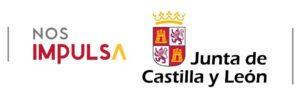
Total Budget: 134,657€
CARTIF Grant: 67,328.50€
Duration: 19/09/2024 – 31/05/2025
Co-financed with ERDF funds contributing to the Policy Objective “OP1: A more competitive and smarter Europe, promoting innovative and intelligent economic transformation and regional connectivity to information and communication technologies”.
Responsible
Belén Blanco Espeso
Division of Agrifood and Processes
Networking
Other projects:
PAVIREX
The PAVIREX project, “New safer pavements in extreme temperature conditions”, was co-financed by the Ministry of Science and Innovation and FEDER Funds, through the INNPACTO 2011 call. The consortium of the project is formed by CARTIF, Grupo Campezo, Euroestudios , Proas (Cepsa), Eiffage, the University of Oviedo and the University of the Basque Country.
CONREPOL
The CONREPOL project will evaluate both chemical procedures based on the use of compounds that increase the surface polarity (silane coupling agents) of the waste and physical treatments with the same objective.
GEOMAF
The GEOMAF project provides railroad maintenance companies with a system that optimizes the maintenance of the railway superstructure and infrastructure.
RENERPATH
This project, which was developed between 2011 and 2013, established an energy rehabilitation methodology based on novel and non-intrusive techniques for the energy analysis applicable to public and private heritage buildings.
SHERIFF
The SHERIFF Project (Hybrid and Economic System of Flexible Integral Facade Rehabilitation) new tools for the energy rehabilitation of buildings.
INNOLIVO
INNOLIVO uses new technologies and processes for the development of innovative olivar products intended for new international markets of high added value
GREEN-CAR
The GREEN CAR ecodesign Project applies the ecodesign methodology to several components of the “electric vehicle” system: batteries, converter, charging points, conditioning systems and auxiliary systems from renewable sources
CAMPOFRÍO
The CAMPOFRÍO project studies and develops a process for reducing salt content in cured ham. Development of a salt content evaluation system in sliced cured ham with on-line NIR technology.
CIBIC
The CIBIC project arises with the objective of improving the services provided by the companies of conservation of infrastructures, based on the application of new technologies to carry out the concept of intelligent systems that will help to improve the quality and the innovation of these services.
REHABCAR
El proyecto REHABCAR (REHABilitación de CARreteras y autopistas) desarrolló nuevas herramientas para la transformación de las carreteras y autovías existentes en infraestructuras económicamente sostenibles y de alta calidad para prolongar su vida útil y adaptarlas a las nuevas necesidades del tráfico.
LIFE RESCATAME
RESCATAME represents a new system for the sustainable management of traffic through the use of models that predict pollution levels, which are supported by data collected by the network of air quality sensors, and that can help to execute a rapid action.
BIOREFINERÍA FT
The FT BIOREFINERY Project consists in developing a technology that allows obtaining 2nd generation liquid biofuels (synthetic diesel) and electrical energy, through the application of gasification and co-gasification processes, of different types of solid and / or liquid waste ( herbaceous biomass, lignocellulosic, glycerin, etc.)
BIALEMA
BIALEMA: RED for the production of Biofuels and its impact on food, energy and the environment. Conducted by Dr. Antonio Francisco Valdes Delgado (CUBAENERGIA).
DINAMO
The DINAMO project is responsible for the development and validation of nanocapsule and nanostructure production technologies of active molecules with functional properties for food use.
BIORECOS
The BIORECOS Project aims to design and build a demonstration plant of a modular nature that allows, through pyrolysis, the production of charcoal and / or active coal, as well as the generation of electrical energy.
ENHANCE HEALTH
The ENHANCE HEALTH project focuses on environmental and health concerns related to air pollution produced by industries and waste incinerators in urban areas.



